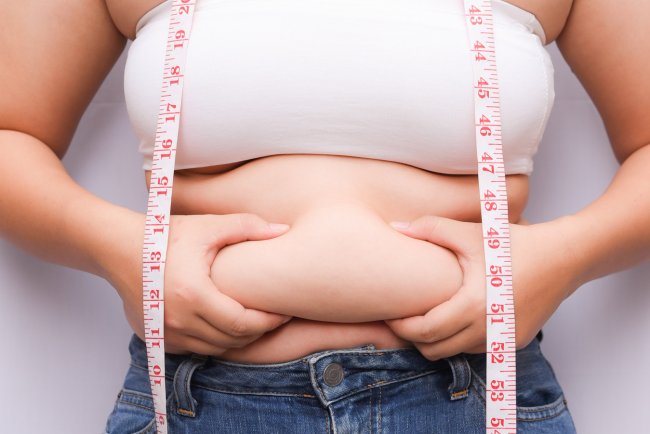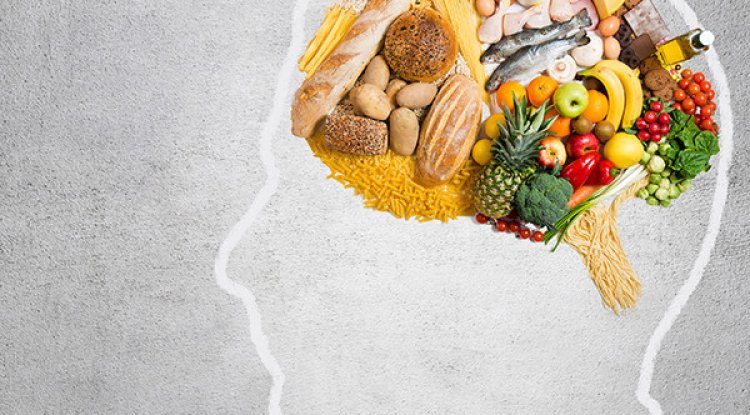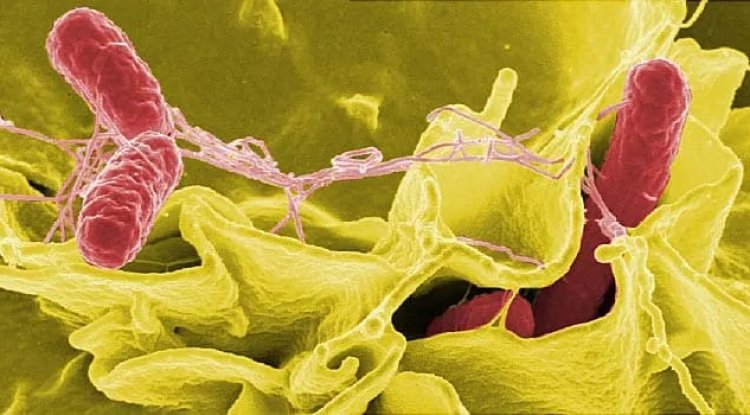Diet and Depression: How the Food on Your Plate Shapes the Chemistry of Your Mind
Just this week, I sat across from three different patients, each fighting their own quiet battle with depression. We talked through medications. We talked through therapy. And, as always, we eventually landed on the part that often gets overlooked self-care.
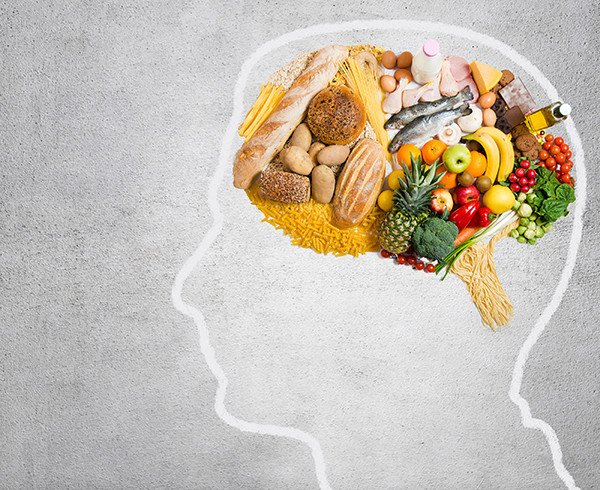
Sleep, movement, and what we put into our bodies.
Food doesn’t usually get much airtime in those conversations, but it should. Because what we eat doesn’t just affect our waistlines it shapes how we feel, how clearly we think, and how well we cope when life gets hard.
More and more, modern medicine is catching up to something many cultures have known for centuries: food isn’t just fuel. It’s chemistry. It’s emotion. It’s medicine.
The Deep Connection Between Food and Mood
For decades, we separated mental health from physical health, as if the brain lived in a vacuum.However, that notion has been totally flipped on its head.
A growing field called nutritional psychiatry now studies how the nutrients we eat and the bacteria in our gut that process them can influence our brain chemistry and emotional balance.
Dr. Eva Selhub from Harvard’s Spaulding Rehabilitation Network put it beautifully: “What we eat matters for every aspect of health, but especially our mental health.”
And the science backs it up.
Studies show that people who regularly eat fruits, vegetables, whole grains, fish, olive oil, and low-fat dairy the building blocks of the Mediterranean diet are less likely to develop depression.
Conversely, diets heavy in fried meals, processed meats, refined grains, sweets, and saturated fats have been associated with increased incidence of anxiety and sadness. These foods have the potential to interfere with brain chemicals like serotonin and dopamine, which are the very messengers that keep us feeling relaxed, alert, and joyful, as well as to cause inflammation and upset gastrointestinal health.
It is a straightforward yet impactful fact: your mental and physical well-being are equally influenced by your plate and thoughts.
When it comes to depression or poor diet, which comes first?

This relationship is reciprocal, of course. It can seem tough to cook or eat healthily when you are unhappy. Even if it makes you feel worse later, it is simpler to reach for what is quick, cozy, or sweet.
But researchers have dug deeper into this “chicken or egg” question. By studying people’s diets over time, they found that those who start out eating a balanced, nutrient-rich diet are less likely to develop depression later in life.
So while depression can make it harder to eat well, the reverse is also true: eating well can help protect your mind from depression. Food isn’t just something to fix after the fact it’s a quiet, daily act of prevention.
What to Eat for a Happier, Healthier Brain
When my patients ask where to start, I often point them toward the Mediterranean diet. Not because it’s trendy, but because it’s grounded in years of evidence. It’s not really a “diet” at all more like a pattern of eating that feels natural, nourishing, and sustainable.
Here’s what that looks like in real life:
Eat the rainbow. Fill your plate with colorful fruits and vegetables blueberries, spinach, carrots, peppers, tomatoes. The same pigments that give them their colors protect your brain from stress and aging.
Choose whole grains. Swap white rice and refined pasta for oats, quinoa, and brown rice. They maintain stable blood sugar levels and a stable mood by releasing energy gradually.
Include good fats.
Olive oil, nuts, seeds, and avocado provide omega-3s and other fats that help your brain function at its best.
Go for lean protein. Fish, eggs, yogurt, and legumes are packed with amino acids your body uses to make mood-regulating neurotransmitters.
Cut back on the heavy stuff. Processed meats, sugary snacks, fried food, and refined carbs may taste good in the moment but can fuel inflammation and fatigue.
But remember this isn’t about perfection. It’s about progress. A healthy diet isn’t a punishment; it’s an act of kindness toward yourself. You don’t need to swear off birthday cake or skip your favorite comfort food forever. A balanced plate leaves room for joy.
The Bottom Line: Feed Your Mind Like It Matters Because It Does
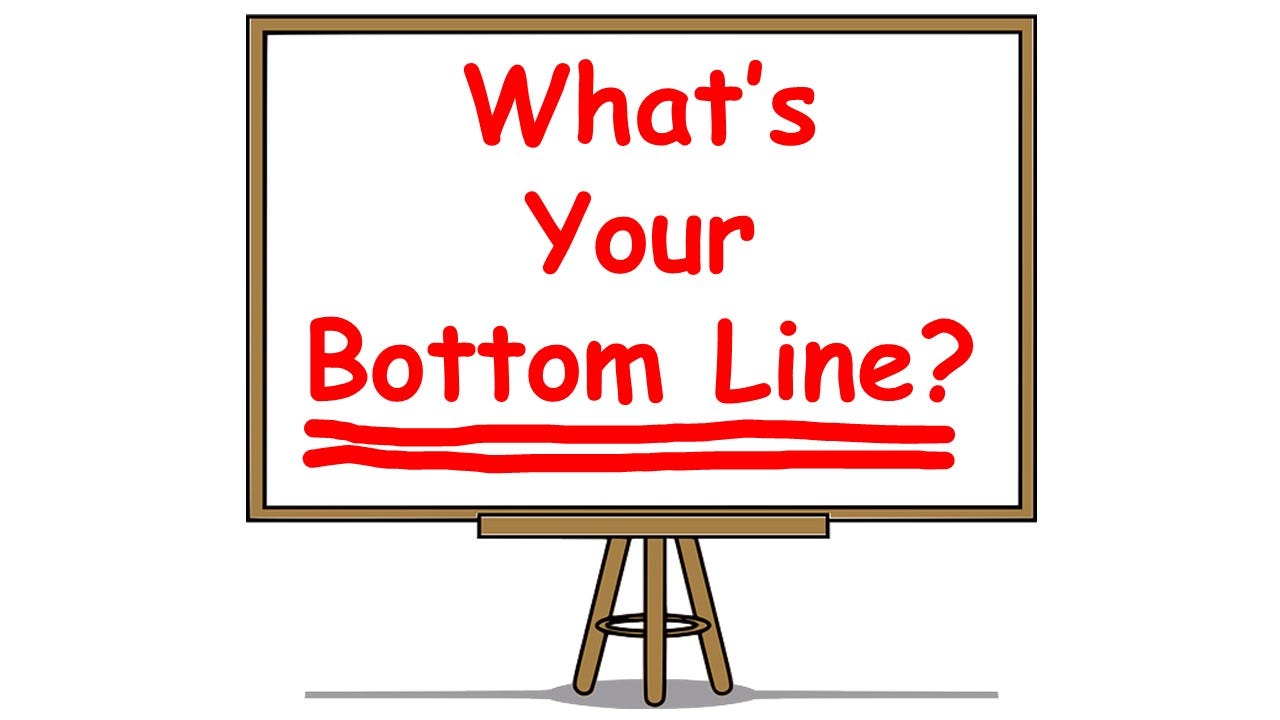
Mental health doesn’t start in your head.Your everyday routine, blood, and gut are where it all begins. Your brain receives a signal from each meal that can either help it work properly or throw it off balance.
In addition to protecting your heart, a diet high in whole foods, vegetables, and healthy fats also helps to preserve your mental stability, clarity, and serenity.
No one ever spiraled into depression from eating too many blueberries or a little extra broccoli.
So, if you’re struggling with low mood or just looking to protect your mental well-being, start with something simple. Cook one nourishing meal. Add one extra serving of greens. Replace one sugary snack with fruit.
Diet and Depression: How the Food on Your Plate Shapes the Chemistry of Your Mind
Just this week, I sat across from three different patients, each fighting their own quiet battle with depression. We talked through medications. We talked through therapy. And, as always, we eventually landed on the part that often gets overlooked: self-care.
Sleep, movement, and what we put into our bodies.
Food doesn’t usually get much airtime in those conversations, but it should. Because what we eat doesn’t just affect our waistlines it shapes how we feel, how clearly we think, and how well we cope when life gets hard.
More and more, modern medicine is catching up to something many cultures have known for centuries: food isn’t just fuel. It’s chemistry. It's an emotion. It’s medicine.
The Deep Connection Between Food and Mood
For decades, we separated mental health from physical health, as if the brain lived in a vacuum.However, that notion has been totally flipped on its head.
A growing field called nutritional psychiatry now studies how the nutrients we eat and the bacteria in our gut that process them can influence our brain chemistry and emotional balance.
Dr. Eva Selhub from Harvard’s Spaulding Rehabilitation Network put it beautifully: “What we eat matters for every aspect of health, but especially our mental health.”
And science backs it up.
Studies show that people who regularly eat fruits, vegetables, whole grains, fish, olive oil, and low-fat dairy, the building blocks of the Mediterranean diet, are less likely to develop depression.
Conversely, diets heavy in fried meals, processed meats, refined grains, sweets, and saturated fats have been associated with increased incidence of anxiety and sadness. These foods have the potential to interfere with brain chemicals like serotonin and dopamine, which are the very messengers that keep us feeling relaxed, alert, and joyful, as well as to cause inflammation and upset gastrointestinal health.
It is a straightforward yet impactful fact: your mental and physical well-being are equally influenced by your plate and thoughts.
When it comes to depression or poor diet, which comes first?
This relationship is reciprocal, of course. It can seem tough to cook or eat healthily when you are unhappy. Even if it makes you feel worse later, it is simpler to reach for what is quick, cozy, or sweet.
But researchers have dug deeper into this “chicken or egg” question. By studying people’s diets over time, they found that those who start out eating a balanced, nutrient-rich diet are less likely to develop depression later in life.
So while depression can make it harder to eat well, the reverse is also true: eating well can help protect your mind from depression. Food isn’t just something to fix after the fact, it's a quiet, daily act of prevention.
What to Eat for a Happier, Healthier Brain
When my patients ask where to start, I often point them toward the Mediterranean diet. Not because it’s trendy, but because it’s grounded in years of evidence. It’s not really a “diet” at all, more like a pattern of eating that feels natural, nourishing, and sustainable.
Here’s what that looks like in real life:
Eat the rainbow. Fill your plate with colorful fruits and vegetables: blueberries, spinach, carrots, peppers, tomatoes. The same pigments that give them their colors protect your brain from stress and aging.
Choose whole grains. Swap white rice and refined pasta for oats, quinoa, and brown rice. They maintain stable blood sugar levels and a stable mood by releasing energy gradually.
Include good fats.
Olive oil, nuts, seeds, and avocado provide omega-3s and other fats that help your brain function at its best.
Go for lean protein. Fish, eggs, yogurt, and legumes are packed with amino acids your body uses to make mood-regulating neurotransmitters.
Cut back on the heavy stuff. Processed meats, sugary snacks, fried food, and refined carbs may taste good at the moment but can fuel inflammation and fatigue.
But remember this isn’t about perfection. It’s about progress. A healthy diet isn’t a punishment; it’s an act of kindness toward yourself. You don’t need to swear off birthday cake or skip your favorite comfort food forever. A balanced plate leaves room for joy.
The Bottom Line: Feed Your Mind Like It Matters Because It Does
Mental health doesn’t start in your head.Your everyday routine, blood, and gut are where it all begins. Your brain receives a signal from each meal that can either help it work properly or throw it off balance.
In addition to protecting your heart, a diet high in whole foods, vegetables, and healthy fats also helps to preserve your mental stability, clarity, and serenity.
No one ever spiraled into depression from eating too many blueberries or a little extra broccoli.
So, if you’re struggling with low mood or just looking to protect your mental well-being, start with something simple. Cook one nourishing meal. Add one extra serving of greens. Replace one sugary snack with fruit.
Your brain will appreciate it, as will your future self.
What's Your Reaction?









